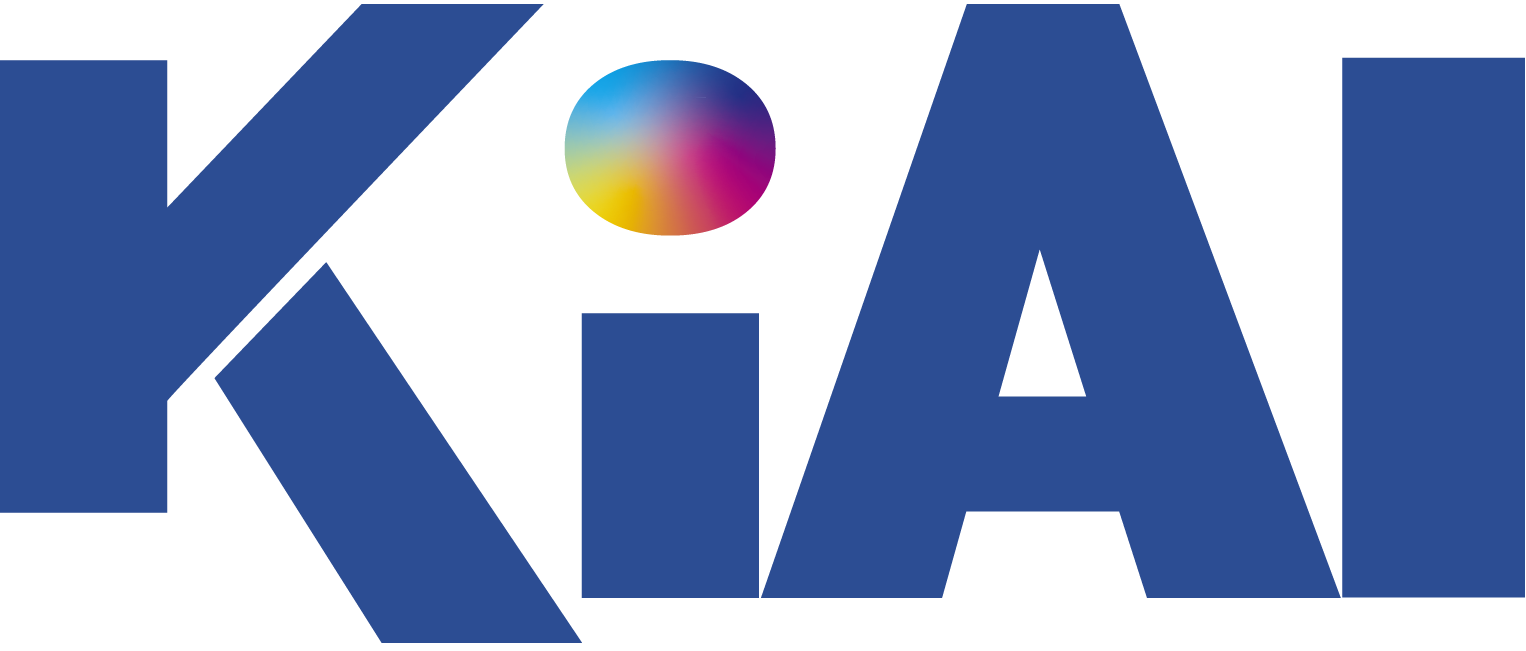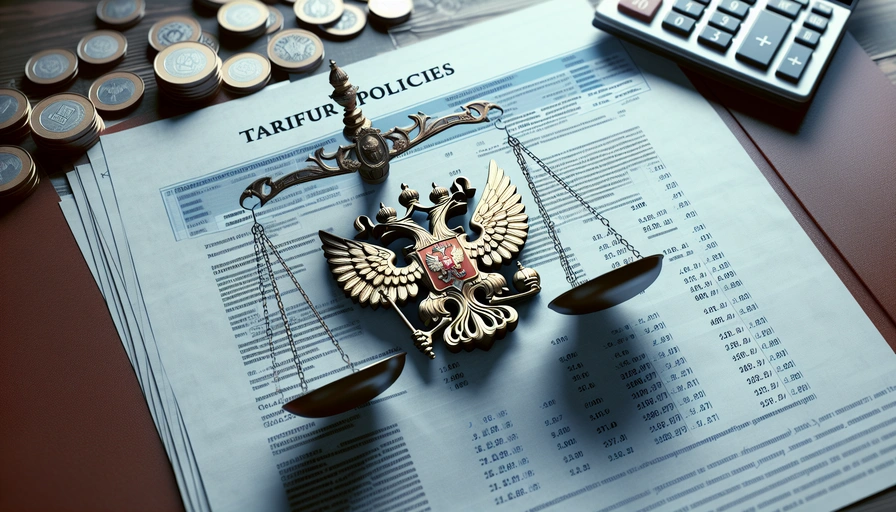Recent developments in Russia’s tariff treatment have significant implications for international trade and economic relations. Here are some key updates that business professionals should be aware of:
- US-Russia Talks in Riyadh: On March 24, 2025, US and Russian delegations held talks in Riyadh, Saudi Arabia. The discussions were extensive, lasting from morning until approximately 11 PM with short breaks. Both sides engaged in open discussions, addressing issues in detail. A 30-day mechanism to prohibit strikes on energy infrastructure in Russia and Ukraine, starting March 18, 2025, was agreed upon. Additionally, a deal concerning the Black Sea Initiative, focusing on safe navigation and preventing military use of commercial vessels, was reached. Its implementation depends on Russia’s conditions, including sanctions relief for Rosselkhozbank. (Source: RIA)
-
EU Summit on Russian Energy: The EU leaders concluded a summit in Brussels without mentioning a complete phase-out of Russian energy sources. The final document emphasized the need for additional energy supplies to EU countries to ensure security of supply for all member states. The summit also addressed the need to protect citizens and businesses from high energy prices. Notably, the statement lacked the usual call for a complete cessation of Russian energy imports into the EU. (Source: RIA)
-
Black Sea Grain Deal: The Black Sea Grain Initiative, active from July 2022 to July 2023, was suspended due to non-compliance with key conditions for Russia. The actions of former US President Joe Biden’s administration contributed to the suspension. The initiative involved exporting Ukrainian grain and food via three Black Sea ports, including Odessa. The deal’s termination on July 18, 2023, was attributed to Russia’s unmet conditions, despite UN efforts, and Western countries’ failure to fulfill their obligations. (Source: RIA)
-
EU Sanctions on Russian Bank: Russia’s resumption of the Black Sea Initiative hinges on the EU lifting sanctions against a Russian agricultural bank. The Kremlin spokesperson, Dmitry Peskov, stated that the EU’s unwillingness to remove these sanctions indicates a lack of commitment to peace. This condition, regarding sanctions removal, was a part of the previous agreement, acknowledged by the UN Secretary-General António Guterres. (Source: Izvestia)
-
Putin’s Trade Policies: Russian President Vladimir Putin authorized Balchug Capital to buy Goldman Sachs’ shares in several major Russian companies. The decree covers shares in Inter RAO, Gazprom, Rosneft, Surgutneftegaz, Novatek, NLMK, Rostelecom, Tatneft, and Lukoil. Putin also authorized the acquisition of 100% of Goldman Sachs’ Russian subsidiary by January 2025. Goldman Sachs suspended Russian operations in March 2022. (Source: TASS)
These developments highlight the ongoing complexities and strategic maneuvers in Russia’s international trade and economic policies. Business professionals should closely monitor these changes to understand their potential impact on global markets and trade relations.

